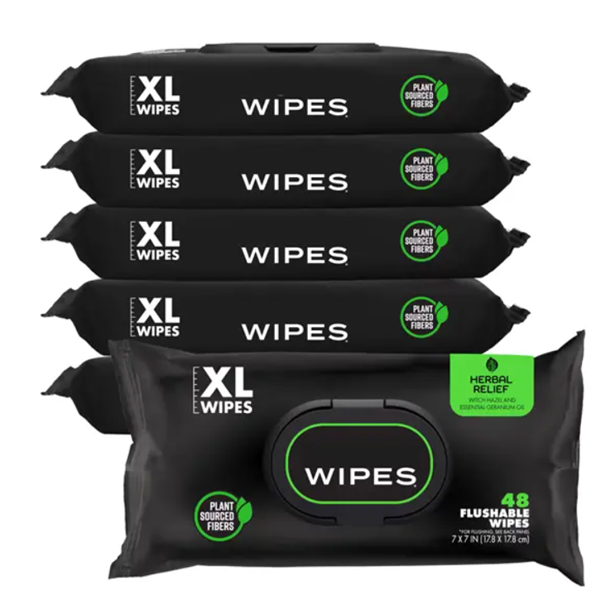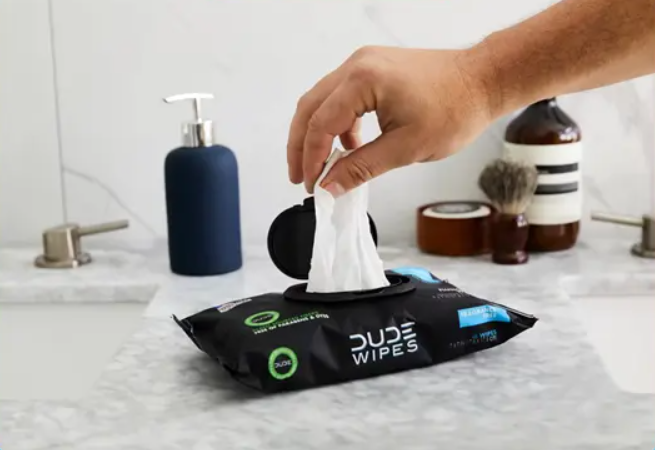In recent years, flushable wipes have gained popularity as a convenient alternative to traditional toilet paper. Marketed as a more effective and hygienic way to clean, these moist towelettes have become a staple in many households. However, there is growing concern about the impact of flushable wipes on plumbing systems and the environment. In this blog, we will delve into the truth about flushable wipes, exploring their impact on plumbing, the environment, and whether they live up to their “flushable” claim.
The rise of flushable wipes
Flushable wipes were initially introduced as a solution for personal hygiene, particularly for infants and individuals with sensitive skin. Over time, their use has expanded to include adults seeking a more thorough cleaning experience. The convenience and perceived effectiveness of flushable wipes have contributed to their widespread adoption, with many consumers incorporating them into their daily bathroom routines.
The flushable wipes controversy
Despite their popularity, flushable wipes have sparked controversy due to their potential to cause plumbing issues. Unlike toilet paper, which disintegrates quickly when flushed, flushable wipes are designed to maintain their structural integrity when wet. While this feature enhances their cleaning effectiveness, it also poses a significant risk to plumbing systems. The non-biodegradable nature of flushable wipes can lead to clogs and blockages in pipes and sewage systems, resulting in costly repairs for homeowners and municipalities.
The environmental impact
In addition to their impact on plumbing, flushable wipes have raised environmental concerns. When flushed down the toilet, these wipes can end up in waterways and contribute to pollution. Their slow decomposition process and the presence of synthetic materials make them a threat to aquatic ecosystems. Furthermore, the production and disposal of flushable wipes contribute to the overall burden of non-biodegradable waste, exacerbating environmental challenges.
The flushability debate
The term “flushable” has been at the center of the debate surrounding these wipes. While manufacturers claim that their products are safe to flush, independent studies have revealed otherwise. Research has shown that flushable wipes do not disintegrate as effectively as toilet paper, leading to blockages in sewer systems. As a result, regulatory bodies and consumer advocacy groups have called for clearer labeling and standardized testing to determine the true flushability of these products.
The future of flushable wipes
Amidst the controversy, efforts are underway to address the issues associated with flushable wipes. Some manufacturers have reformulated their products to improve their flushability, while others have developed alternative disposal methods, such as designated waste bins. Additionally, public awareness campaigns aim to educate consumers about the proper disposal of flushable wipes and the potential consequences of flushing them.
Conclusion
The allure of flushable wipes as a convenient and effective hygiene product is undeniable. However, their impact on plumbing systems and the environment cannot be overlooked. As consumers, it is essential to weigh the benefits of flushable wipes against their potential drawbacks and make informed choices. Whether through improved product design, responsible disposal practices, or regulatory measures, addressing the challenges posed by flushable wipes requires a concerted effort from manufacturers, consumers, and policymakers. Ultimately, the truth about flushable wipes lies in understanding their implications and taking steps towards a more sustainable approach to personal hygiene.
Post time: Aug-15-2024


